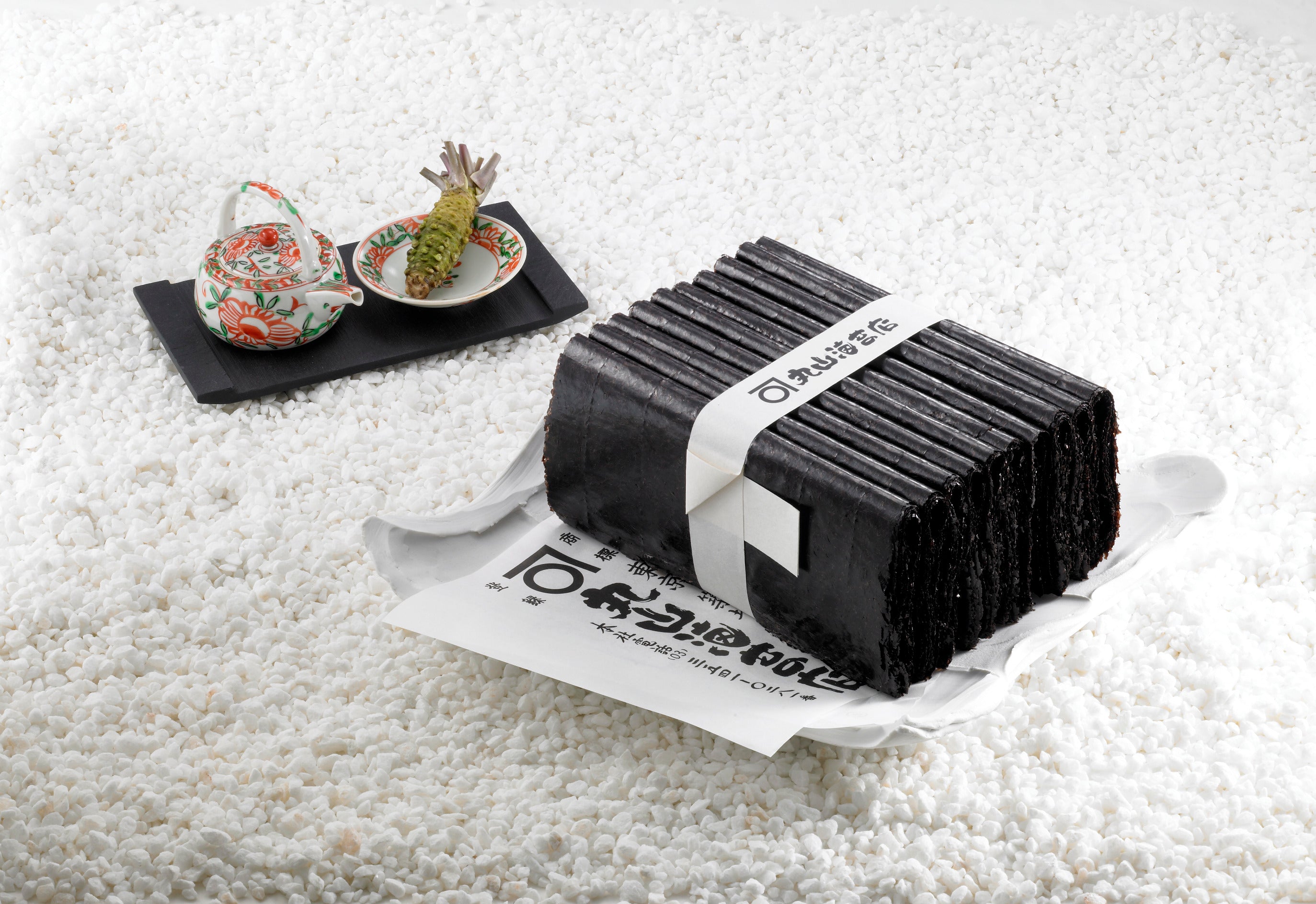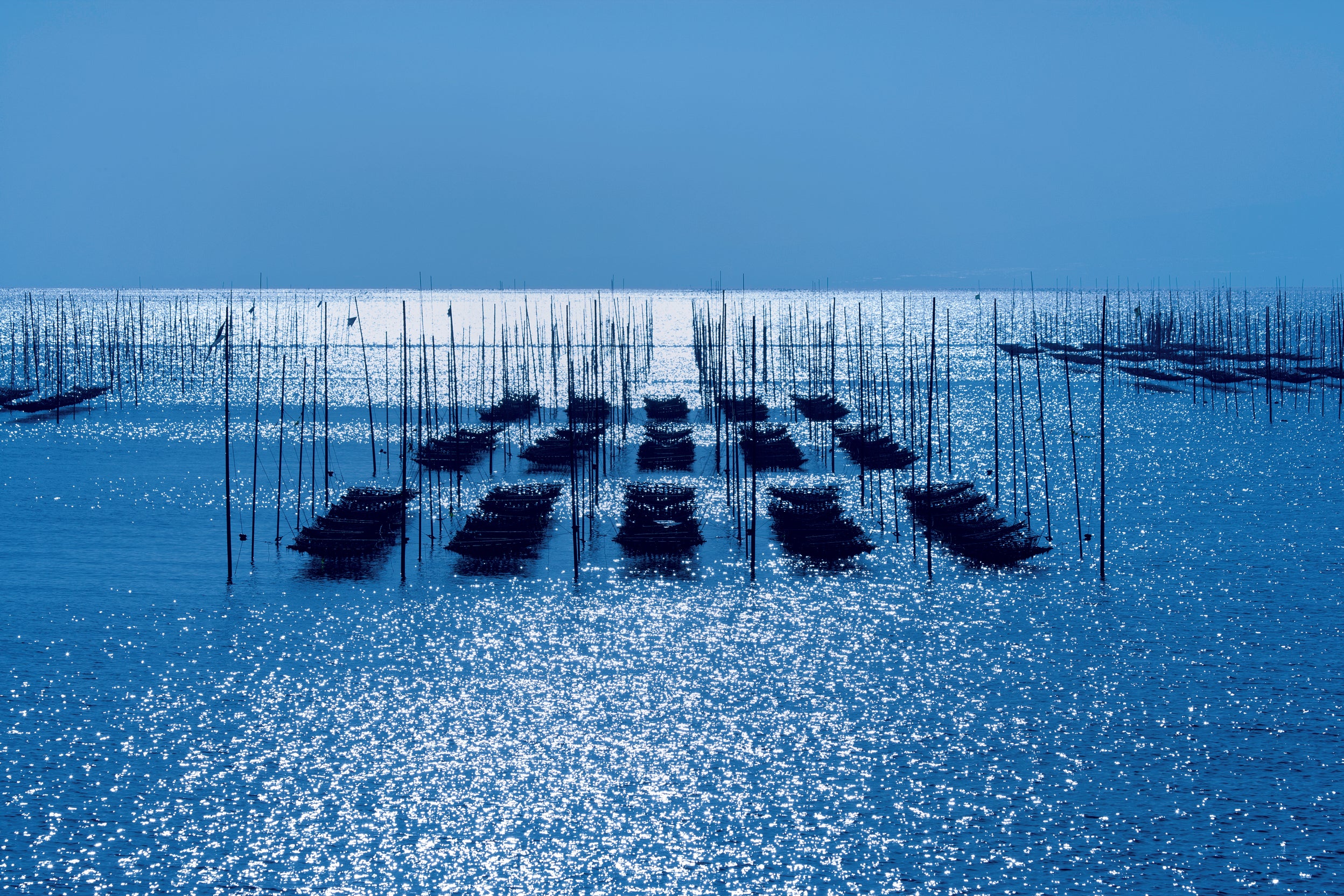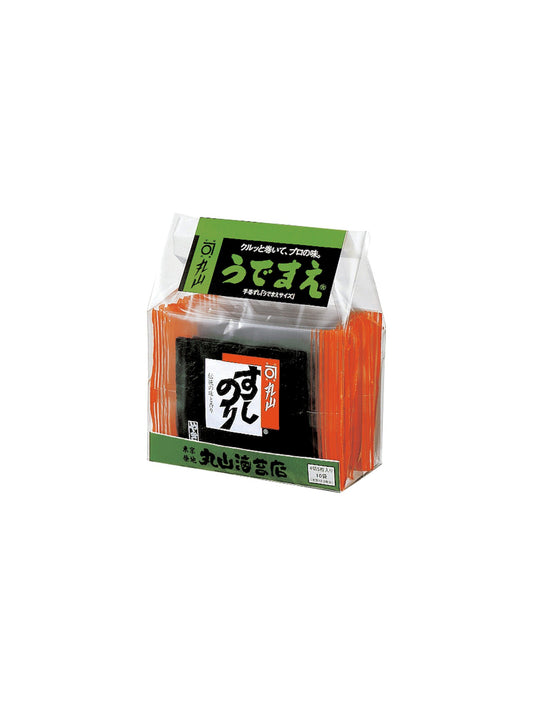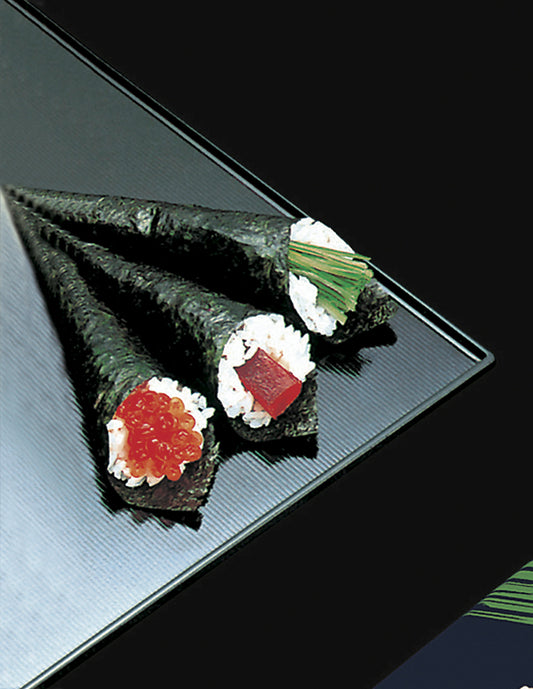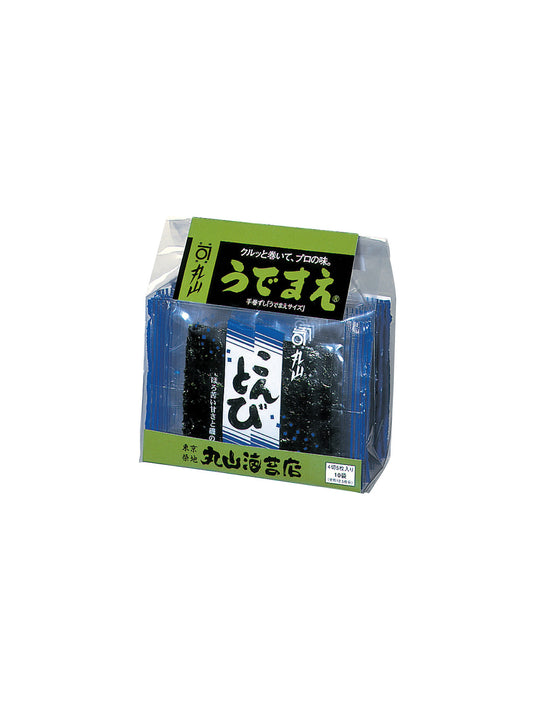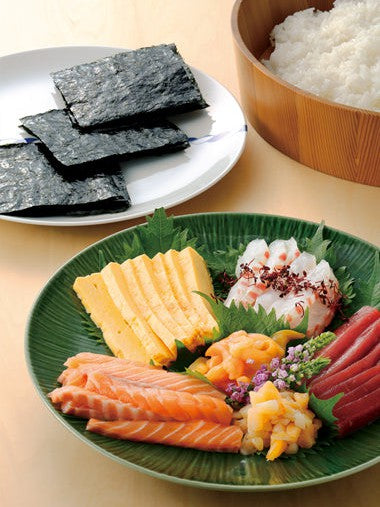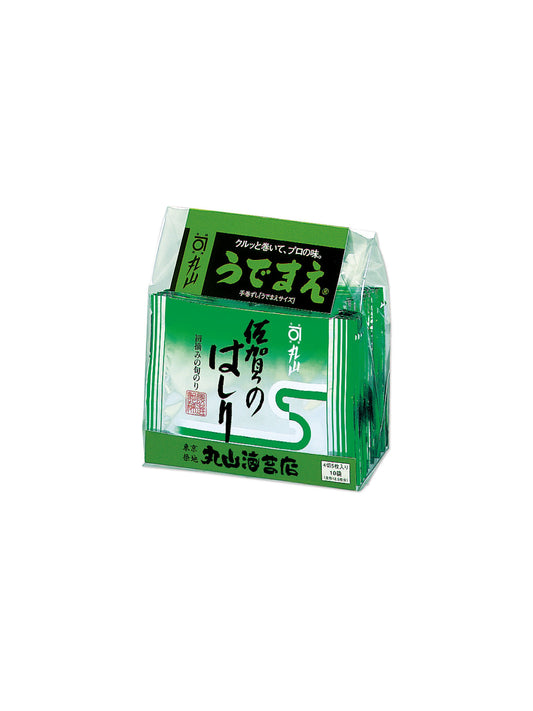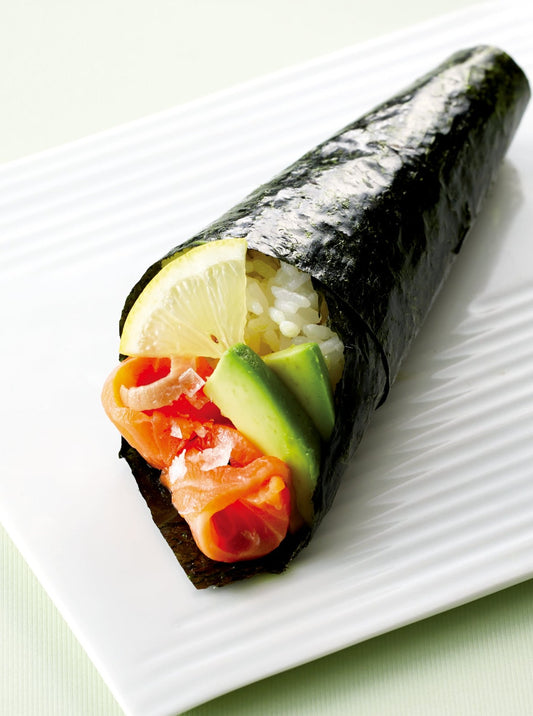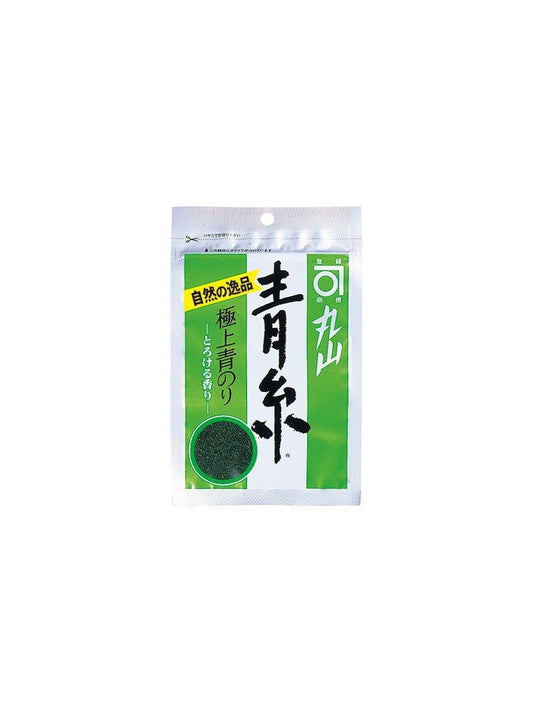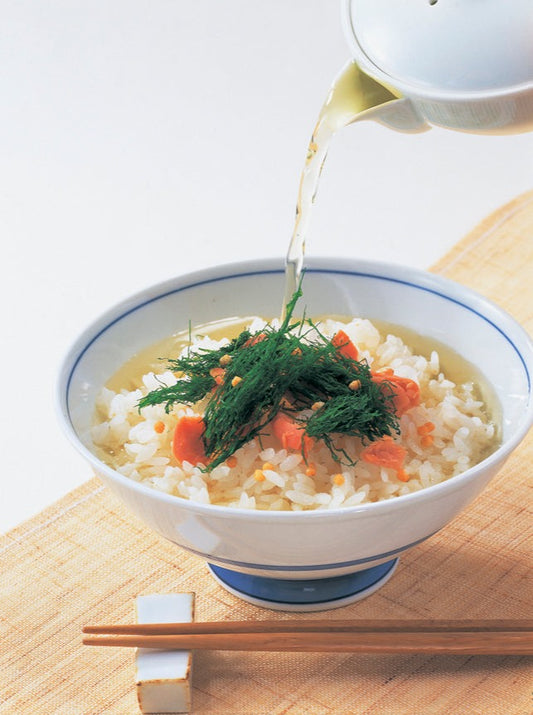Nori Seaweed
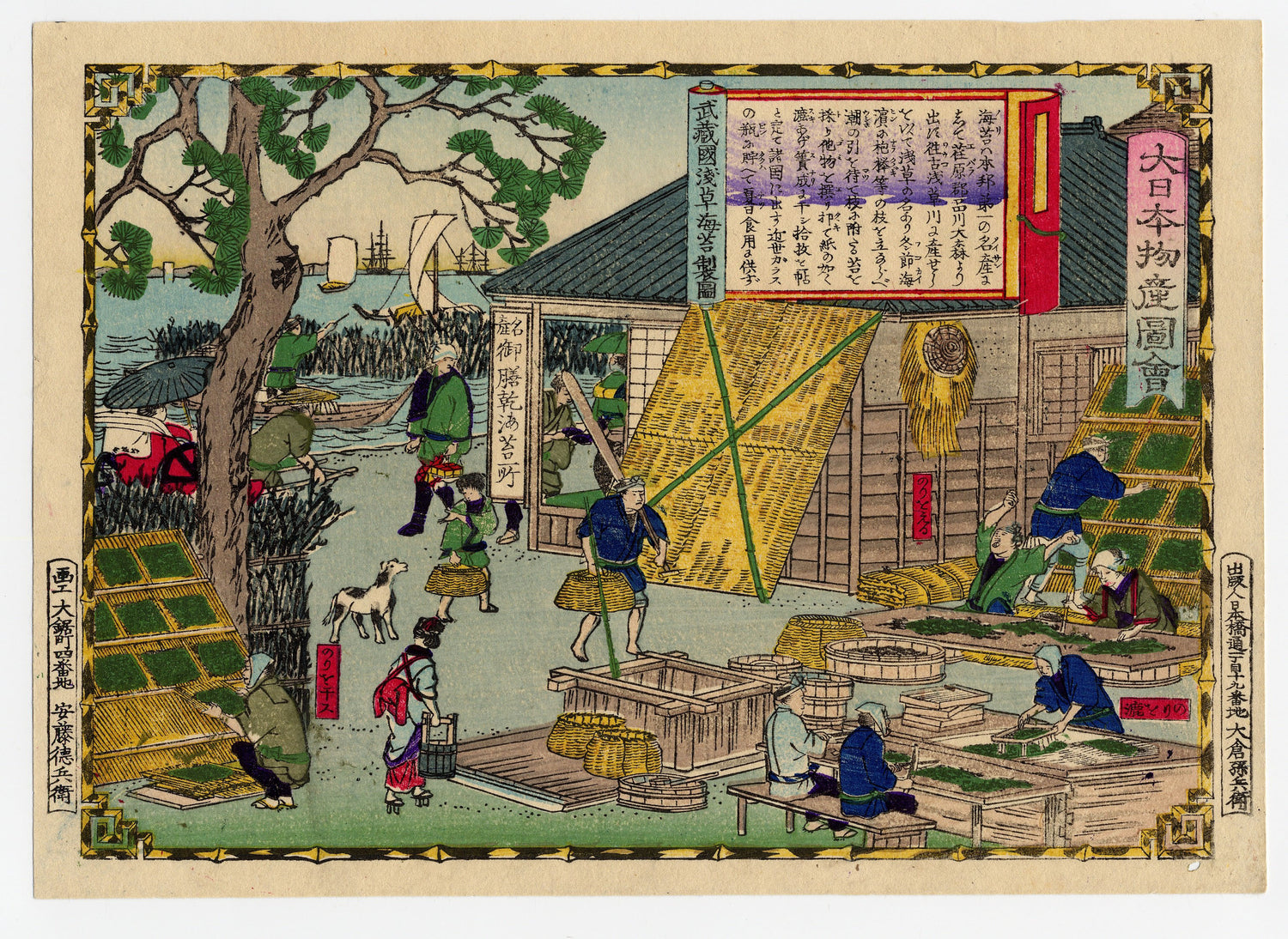
History of Nori seaweed
Maison Maruyama nori offers you a range of nori seaweed from the finest sources. A luxury product in the first centuries of Japanese civilization, nori was also used to pay taxes at the Emperor's court. Later, it became a prized product in Buddhist cuisine and played its part in the treats accompanying the tea ceremony. It was at the beginning of the Edo period, in the 17th century, that it was cultivated and its production in sheets was developed, using paper-making techniques.
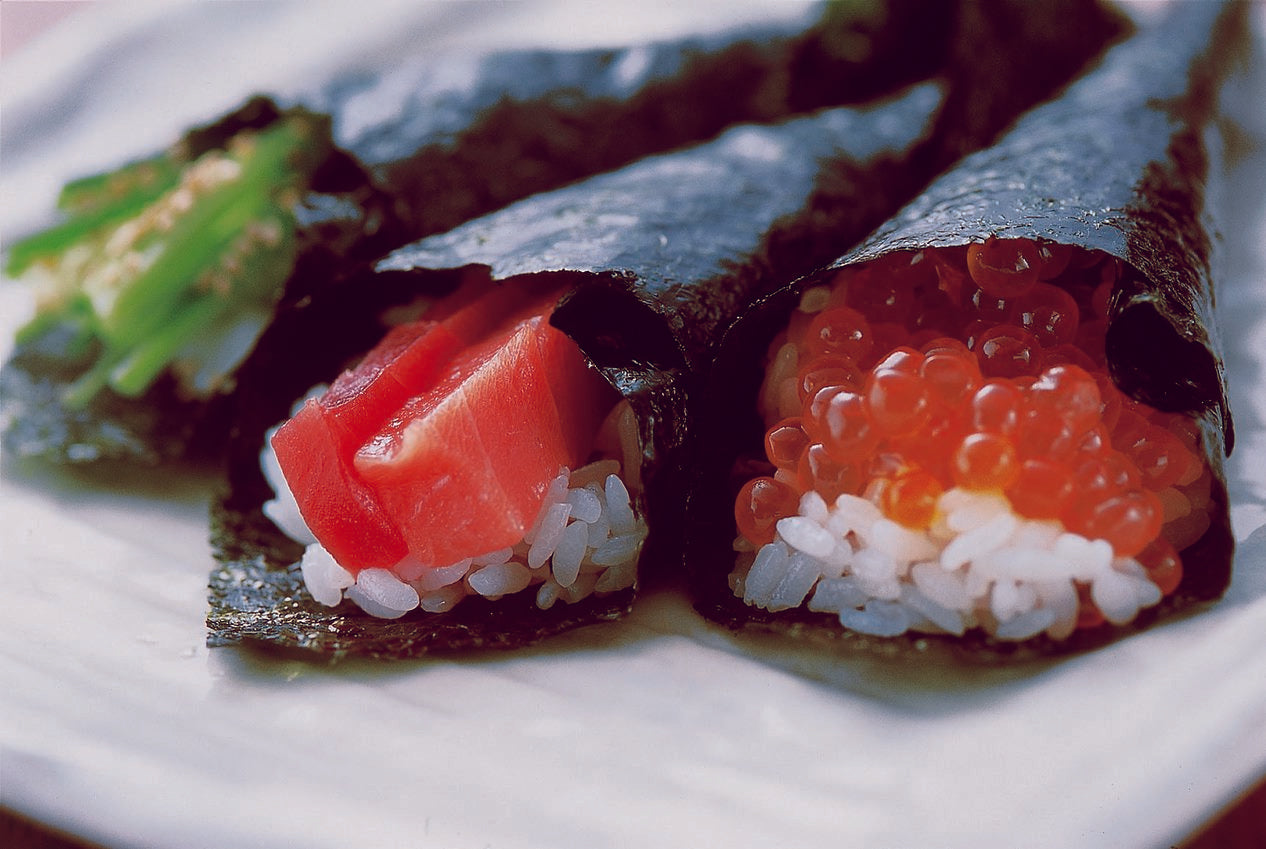
A delicate development
Go to a seaside, in a place near a river mouth, with waters rich in nutrients. There the different phases of the production of nori seaweed take place. Algae seeds deposited in oyster shells develop there from May to August. The white shells then become black with spores, which then attach themselves to nets, placed in shallow water, from September to October, and grow there. Harvesting takes place from November to April. Immediately, the nori seaweed is washed in fresh water, crushed and dried. A first cooking is carried out. This is when the algae are sold at auction. The traders then carry out the second cooking: the humidity level of the algae drops from 12% to 2%. Then begins the preparation of the seaweed: various seasonings and cutting, packaging. A year of care and imagination in a small package.
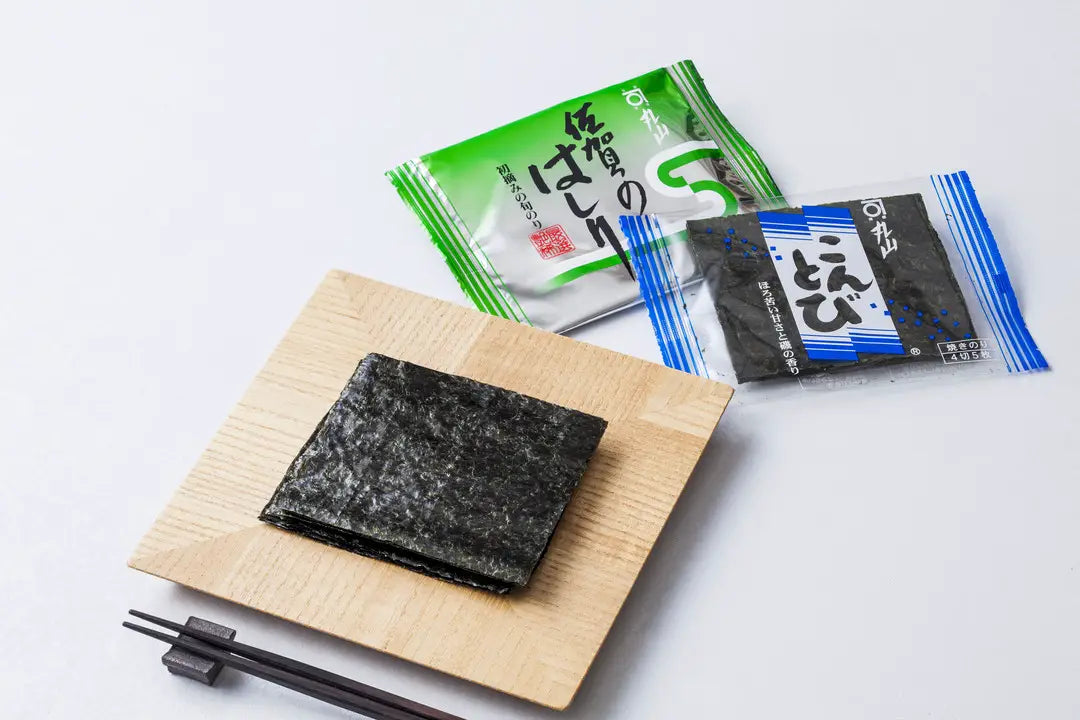
Nori flavor
A benefit of the sun: photosynthesis
The tidal range of Ariake Bay is very large (6 meters). At the time of lowest water, the nori receives abundant sunlight. Thus photosynthesis took place sufficiently. The benefits of the sun give Ariake Bay nori its renowned sweetness.
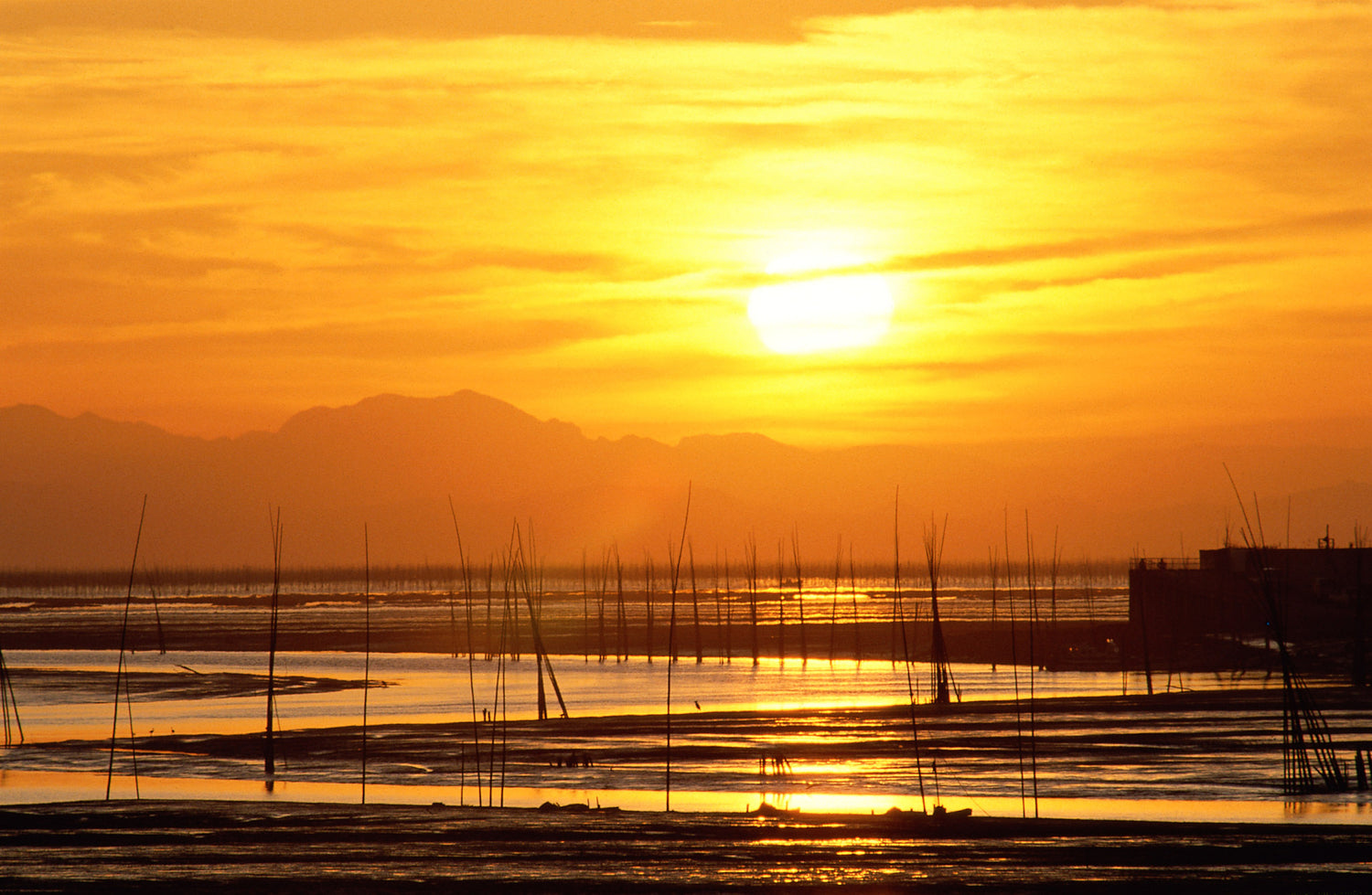
A benefit of the forest: nutrients carried by the river
A subtle balance of fresh water and sea water is essential to the flavor of nori. The water of streams and rivers carries nutrients from the forest to the sea. Coastal currents and tides mix them and spread them along the coastline. It is in Ichiryu-hama that we harvest the best noris, on the Ariake Sea, at the mouth of the Chikugo River. Maruyama Nori's 'Saga-no hashiri' is seaweed from the first harvest of the year in Ichiryu-hama.

SETONAIKAI
The blackest noris come from the Seto Inland Sea
Sea Aiake
North of Kyuhu, offers nori seaweed of incomparable softness, the ultimate nori. Their taste, their melting texture and their crispness are characteristic of this high-end provenance.
Tokyo Bay
The bay provides the high-tasting seaweed, which works wonders to surround sushi.
Seaweed-Nori
-
Seaweed Nori Temaki / Sushi nori
Regular price 25,00 €Regular priceUnit price per -
Seaweed Nori Temaki Sushi / Kontobi
Regular price 28,00 €Regular priceUnit price per -
Seaweed Nori Temaki Sushi/ Saga no hashiri
Regular price 34,00 €Regular priceUnit price per -
Freshwater algae / Ao ito
Regular price 13,00 €Regular priceUnit price per

